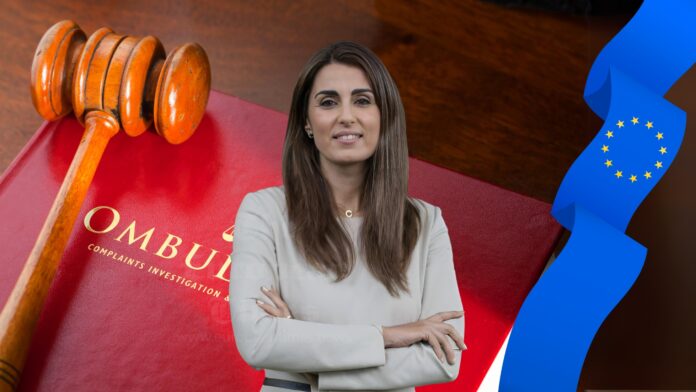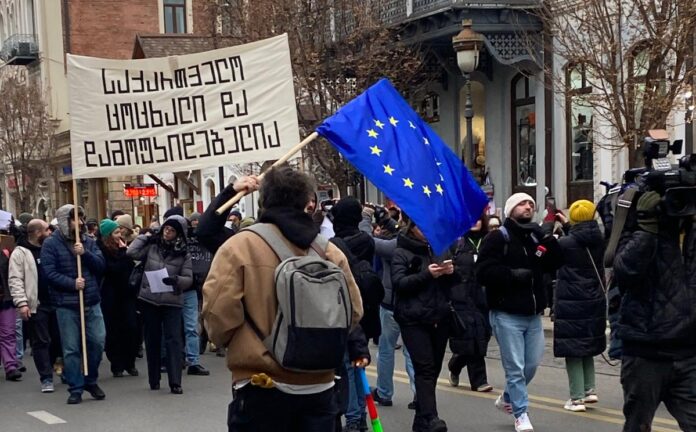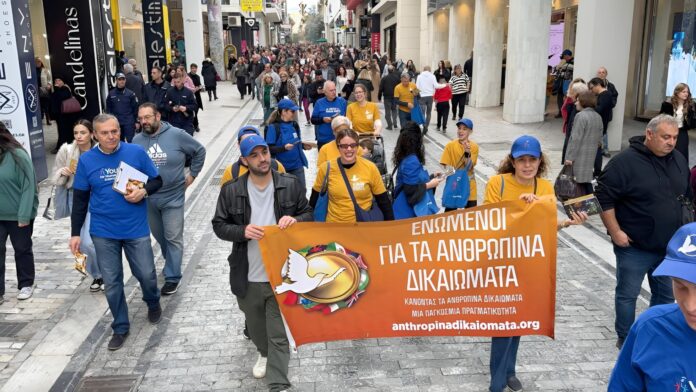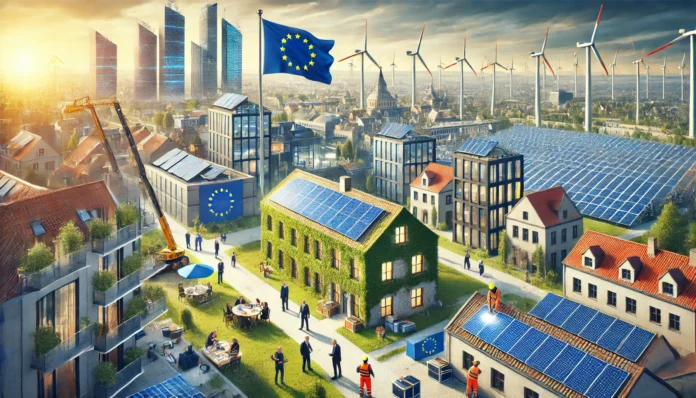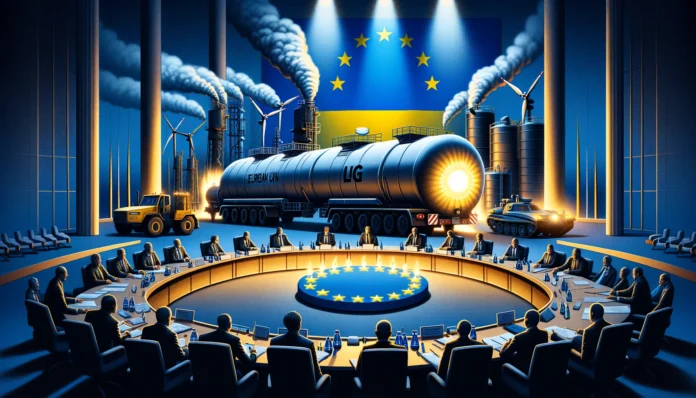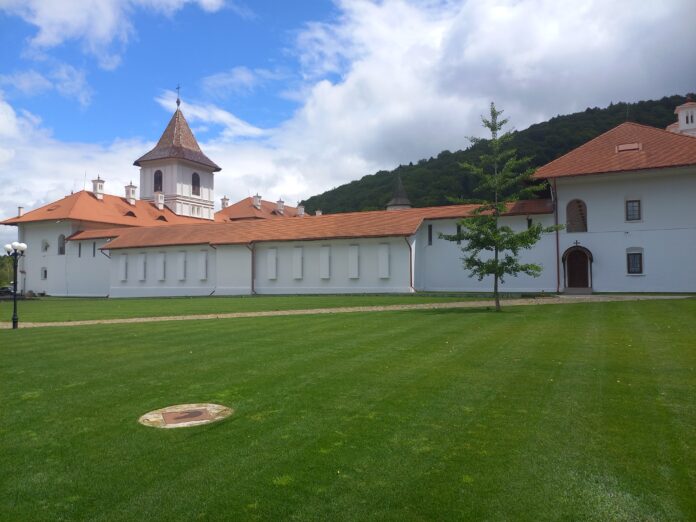Tom Cruise, celebrated actor and global icon, received the Department of the Navy Distinguished Public Service (DPS) Award on December 17, 2024, marking another milestone in his illustrious career. Awarded by Secretary of the Navy Carlos Del Toro in a ceremony held in London, this prestigious accolade underscores Cruise’s enduring dedication to the U.S. Navy and Marine Corps.
As the 36th Honorary Naval Aviator, Cruise has spent nearly four decades raising public awareness about the sacrifices and skills of Navy personnel through his work in the film industry. His influence has not only highlighted the valor and professionalism of naval forces but has also inspired generations to consider careers in the Navy and Marine Corps.
A Distinguished Civilian Honor
The DPS Award, the highest honor the Secretary of the Navy can bestow on a civilian outside the Department, recognizes exceptional contributions to the Navy and Marine Corps. Secretary Del Toro, while presenting the award, praised Cruise’s advocacy, stating:
“It was an honor to present Tom Cruise with a Defense Public Service Award for his decades of naval advocacy through many movies. His work has inspired generations to serve in our Navy and Marine Corps.”
The ceremony was a heartfelt occasion, with Cruise expressing his deep appreciation for the recognition and the opportunity to inspire. He humbly acknowledged the collective effort behind his achievements, saying:
“I’m happy I have been able to be a source of inspiration to many of the sailors who serve today or have served in the past. The effort was not just on my end, but the cast and crew I get to work with on all our sets. They are what really bring the work to life.”
Cruise’s commitment to authenticity and dedication to storytelling shone throughout his acceptance, as he concluded:
“I admire all of the service men and women. I know in life, something that is very true to me is that to lead is to serve. And I know that to my core.”
The 1986 release of Top Gun remains a cultural phenomenon, credited with significantly increasing U.S. Navy recruitment. Its portrayal of naval aviation and camaraderie inspired countless individuals to pursue military careers.
The sequel, Top Gun: Maverick (2022), expanded on this legacy, grossing nearly $1.5 billion worldwide and earning six Academy Award nominations, including Best Picture. The film’s ability to connect generations with its depiction of naval aviation excellence led to Cruise being named the U.S. Navy’s 36th Honorary Naval Aviator, a testament to his profound impact on the Navy’s public image.
Other Notable Achievements and Awards
This recognition adds to Cruise’s extensive list of accolades:
- Golden Globe Awards: Three wins, including Best Actor in Born on the Fourth of July (1990) and Jerry Maguire (1997).
- Academy Award Nominations: Four nominations, including Best Actor for Born on the Fourth of July and Jerry Maguire.
- Bambi Award in Berlin: Honored in 2007 for his contributions to cinema, notably for his role in Valkyrie.
- BAFTA/Stanley Kubrick Britannia Award for Excellence in Film: Celebrating his outstanding contributions to global cinema.
A Partnership with NASA
Cruise’s dedication to inspiring future generations extends beyond Earth. In 2020, NASA announced a collaboration with Cruise to film aboard the International Space Station. The project, supported by SpaceX and Elon Musk, aims to ignite curiosity about space exploration among young minds.
A Legacy of Service
Tom Cruise’s career is defined not only by his cinematic achievements but also by his commitment to service and advocacy. Whether portraying naval aviators, historical figures, or astronauts, he has consistently used his platform to honor the values of courage, dedication, and sacrifice.
Reflecting on his journey, Cruise remarked during the ceremony:
“This isn’t just about me. It’s about the responsibility we all share to create a better world.”
With awards like the DPS Award, Golden Globes, the Freedom Medal of Valor, and the Bambi Award, Cruise’s legacy transcends Hollywood. He remains a powerful advocate for the institutions and individuals who inspire his work, embodying the spirit of service both on and off the screen.
As Secretary Del Toro concluded, “Thank you, Tom, on behalf of all those you’ve inspired, past and present. Your contributions will resonate for generations to come.”




